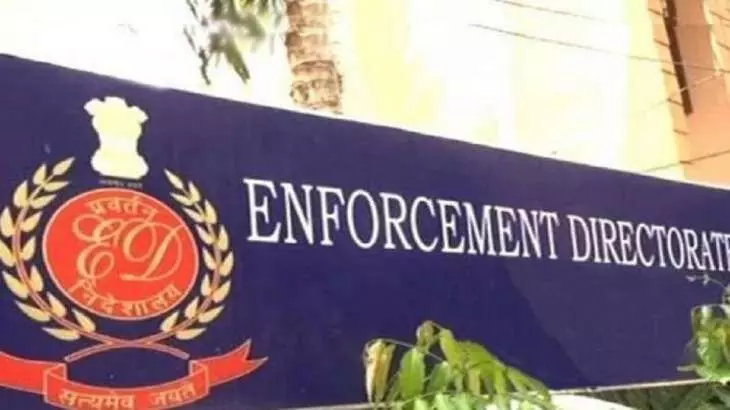‘ED’s power to issue summons under PMLA Section 50 doesn’t include power to arrest’

New Delhi: The Delhi High Court ruled on Thursday that the power of Enforcement Directorate (ED) to issue summons under Section 50 of the Prevention of Money Laundering Act (PMLA) does not include the power to arrest a person.
Justice Anup Jairam Bhambhani also said the power to arrest under Section 19 of the PMLA is not untrammelled and that “authorities do not have the power to arrest on their whims and fancies”.
He said that there is a three-fold requirement that must be complied with by the agency before arresting a person.
“Firstly, the Director must entertain a reasonable belief that the person arrested is guilty of an offence under the PMLA, and not under any other enactment; Secondly, the reasons for such belief must be recorded in writing; and Thirdly, such belief must be based on material that is in the Director’s possession,” he observed.
He said under Section 50 of the PMLA, ED officers have the power to enforce the attendance of any person for recording statements on oath, with a “mandate that any person so summoned shall be bound to attend, to answer and make statements truthfully”.
They also have the power to compel discovery, inspection and production of documents and records; and to impound and retain records, by giving reasons in writing, he said. Justice Bhambhani said, “To be sure, the power to arrest is conspicuously absent in Section 50 of the PMLA”.
“Though section 19 of the PMLA empowers designated officers of the ED to arrest any person, subject to satisfying the conditions mentioned in that provision, it is clear that the power to arrest does not reside in Section 50 nor does it arise as a natural corollary of summons issued under Section 50,” he said.
Justice Bhambhani further held that a person apprehending arrest by the ED can file for anticipatory bail even if he/she is not named as an accused in the Enforcement Case Information Report (ECIR) or the prosecution complaint.
Justice Bhambhani referred to the Supreme Court’s verdict in V Senthil Balaji v State where the top court has said that non-compliance with provisions of Section 19(1) of the PMLA would “vitiate the arrest itself” and that compliance with Section 19(2) is a solemn function which “brooks no exceptions”.
The court’s observation came while dealing with a plea filed by one Ashish Mittal seeking quashing of the ECIR in Educomp case.



